
Carers Week is an annual campaign dedicated to raising awareness for carers, whilst also highlighting the challenges unpaid carers face throughout the UK. As someone who has cared for her daughter for the last 10 years, along with a family member living with dementia, I understand the difficulties unpaid carers across the country face. It is the only job that provides no information, training, or support, and that must change to ensure we can continue safely caring for our loved ones. So, I hope this blog provides others with an insight into this silent but vital community!
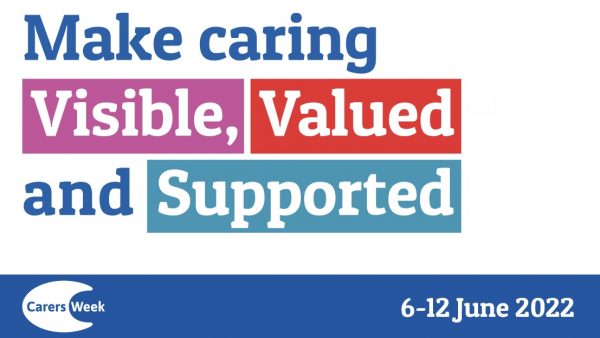
When my daughter Lauren (AYL Founder & Director) asked me to write something to share during Carers Week, my initial thought was, how I would put all my thoughts onto paper, as there is so much to say. I am both Lauren’s mum and her registered carer, two roles that are entwined, with no clear divide between them. Whilst I care for her medical needs in a carer’s capacity, I am first and foremost her mum. Becoming a carer ten years ago was something I obviously never expected, especially as Lauren’s disability was very sudden and unexpected, yet it is still very complicated, unpredictable, and terrifying at times despite it being "familiar". However, this means my role as her carer never finishes, it is a 24/7 job.
I won’t lie, it is very difficult and stressful. I find the physical aspect of managing her ever-changing physical needs to be exhausting and draining, especially as I have osteoarthritis. But for me the hardest part is the emotional aspect, it is mentally draining, and my brain never switches off. Nobody tells you that being a carer isn't just a physical role, you have to plan, prepare, and organise SO much. Nothing is spontaneous, every moment of Lauren's day is planned to the tiniest of detail, and then if that fails, we have multiple backup plans, treatments, and regimes. Yet her condition still manages to throw unexpected and unplanned curve balls, which can sometimes occur over time or in a matter of minutes. Causing our family to constantly be prepared for an emergency, whether it's on a plane, during an appointment, or watching tv in bed.

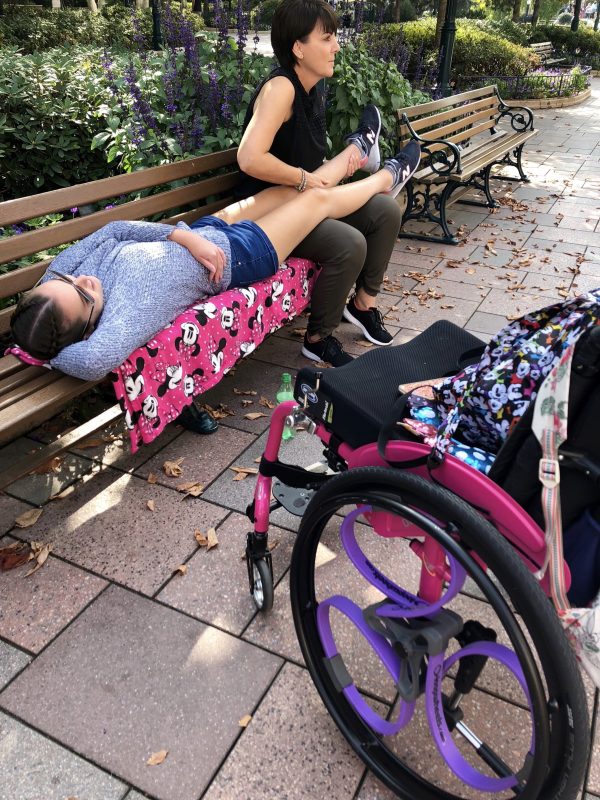
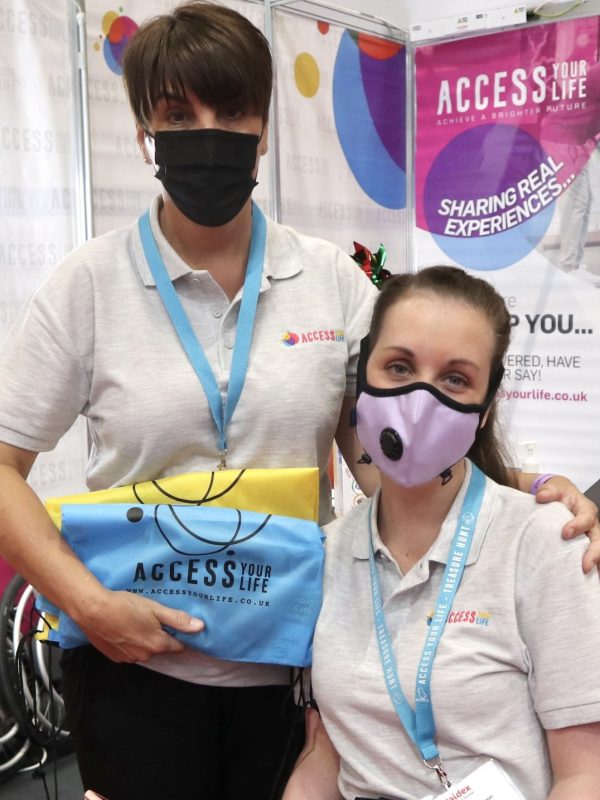
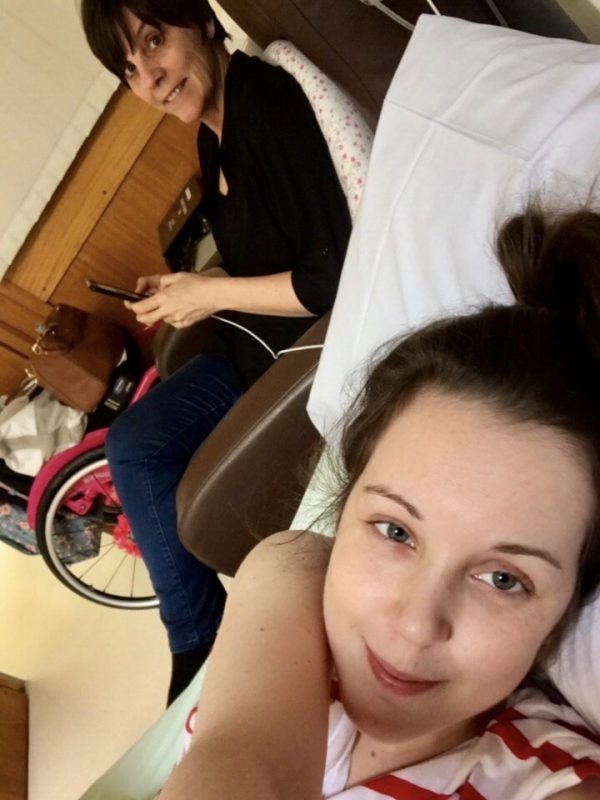
Because of this, there is always something to sort out. Whether it's ordering prescriptions, sourcing certain medications from different pharmacies, or planning ahead to ensure she won't run short of any "made to order" medicines. Driving from Newcastle to London several times a year to see specialist consultants and access treatments she is otherwise unable to get. Chasing doctors for a new prescription, contacting secretaries to explain why she suddenly can't make an appointment, or making sure her needs are met by continually advocating for her quality of life. Oh, and most importantly, doing whatever I can to keep her out of the hospital. It literally is a full-time job, especially with everything going on in the world, resulting in shortages and delays on certain medications, which without Lauren will end up in hospital.
The other continuous battle is trying to ensure Lauren always gets the best possible care. I naively assumed once she had a diagnosis, everything would fall into place and there would be continuity of care by her various teams of medical professionals. Yet I couldn't be more wrong. Like many people with complex medical conditions, we constantly have had to fight to access certain medications, treatments, and even care plans. Then just as you think everything is sorted, a new issue arises, funding is cut, or guidelines change - so I have learnt to never get complacent.
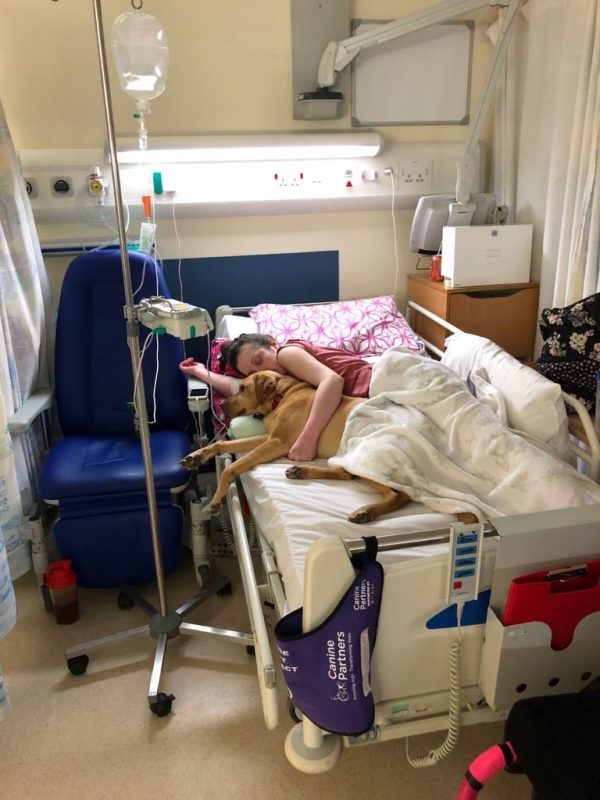
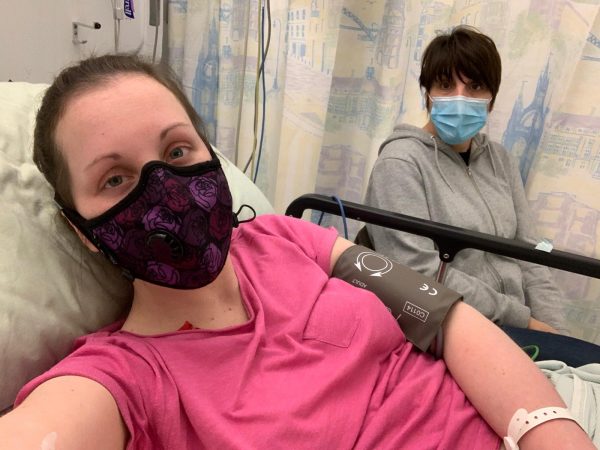
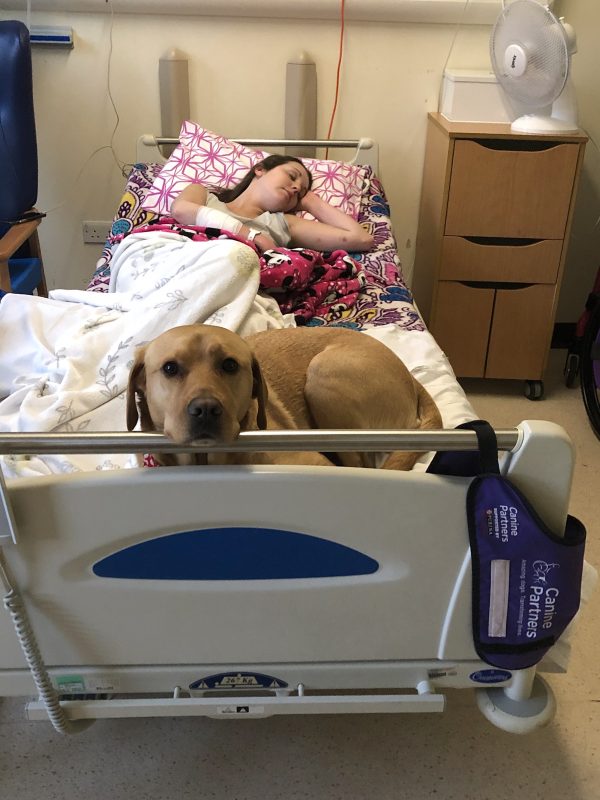
Something I also never realised was that other people, no matter how close, will never truly understand our reality. Making it even more important to raise awareness for unpaid carers, as we so desperately need support. Yet instead, Lauren can post one picture, and everyone thinks she must be "all better", "no longer unwell" or "not as bad"; all of which couldn't be further from the truth because even on holiday, her disability never goes away and never will.
As a carer and more so a mum, I carry the guilt that comes with being a parent of a disabled child, which leaves you wishing it could be you and not them. It’s heartbreaking to see a loved one suffer. It changes everything, including family life and dynamics. Thankfully over time, I have learnt how important it is to look after my own mental health. Something I'm sure many unpaid carers understand isn’t at the top of your ‘to do list’. But thankfully I have certain people that I can lean on when I need to open up and let everything out.

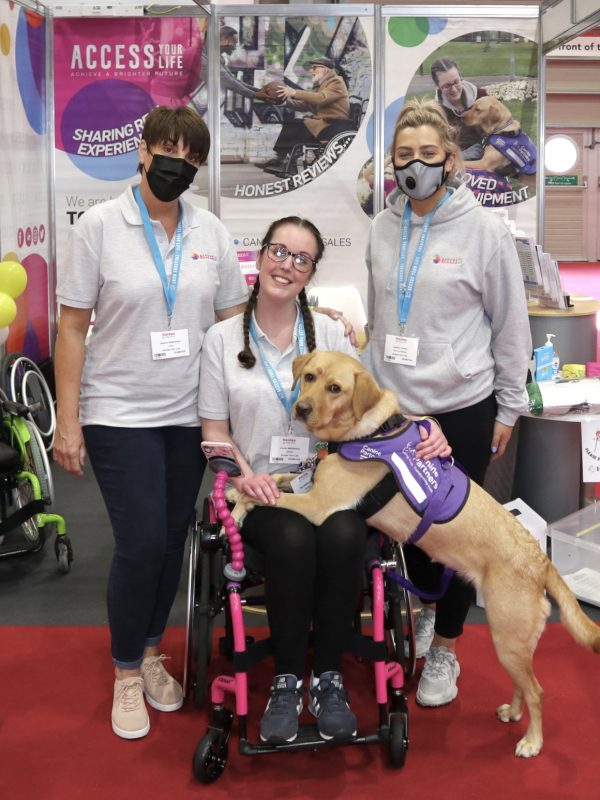
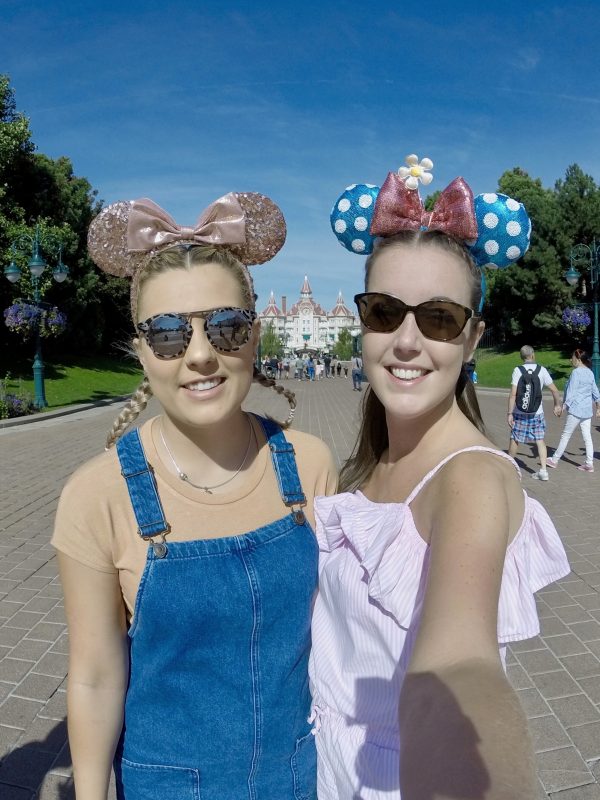
I have to say, as lonely as it can feel at times, I am grateful to not be the only one looking after Lauren. We are a very close family that tries to muddle through together, whether it's picking up prescriptions, walking Lauren's assistance dog, or washing her bedding after a catheter leak. Lauren also has a fantastic partner, who is amazing at caring for her day and night and tag teaming with me daily. A best friend who is always there for Lauren through the ups and downs and finally, there is Fliss, her wonderful service dog who is simply amazing and has brought so much happiness to the whole family. For all of this, I am very grateful and lucky to have. Living with such complexities is a roller coaster of emotions but we always find something to laugh about, even in the most difficult situations. I no longer grieve for the life we all should have had, even though it has taken many years to come to terms with. But I have and always look forward to our kind of normal and future whatever that may be.

Hi, I'm Lauren and I have been living with a collection of disabilities for the past 8 years. I initially had a passion for teaching children with special needs, but my health prevented me from pursuring my dream career. Despite this, I now love nothing more than sharing my experiences to help other people living with disabilities.
Hi, I’m Lori and was diagnosed with Ehlers Danlos Syndrome and a family of co-morbid conditions which has made life highly complex. However I constantly aim to make life as ‘normal’ and fulfilling as possible - and through this, I discovered the benefits of writing about my journey.
 GET IN TOUCH
GET IN TOUCH


